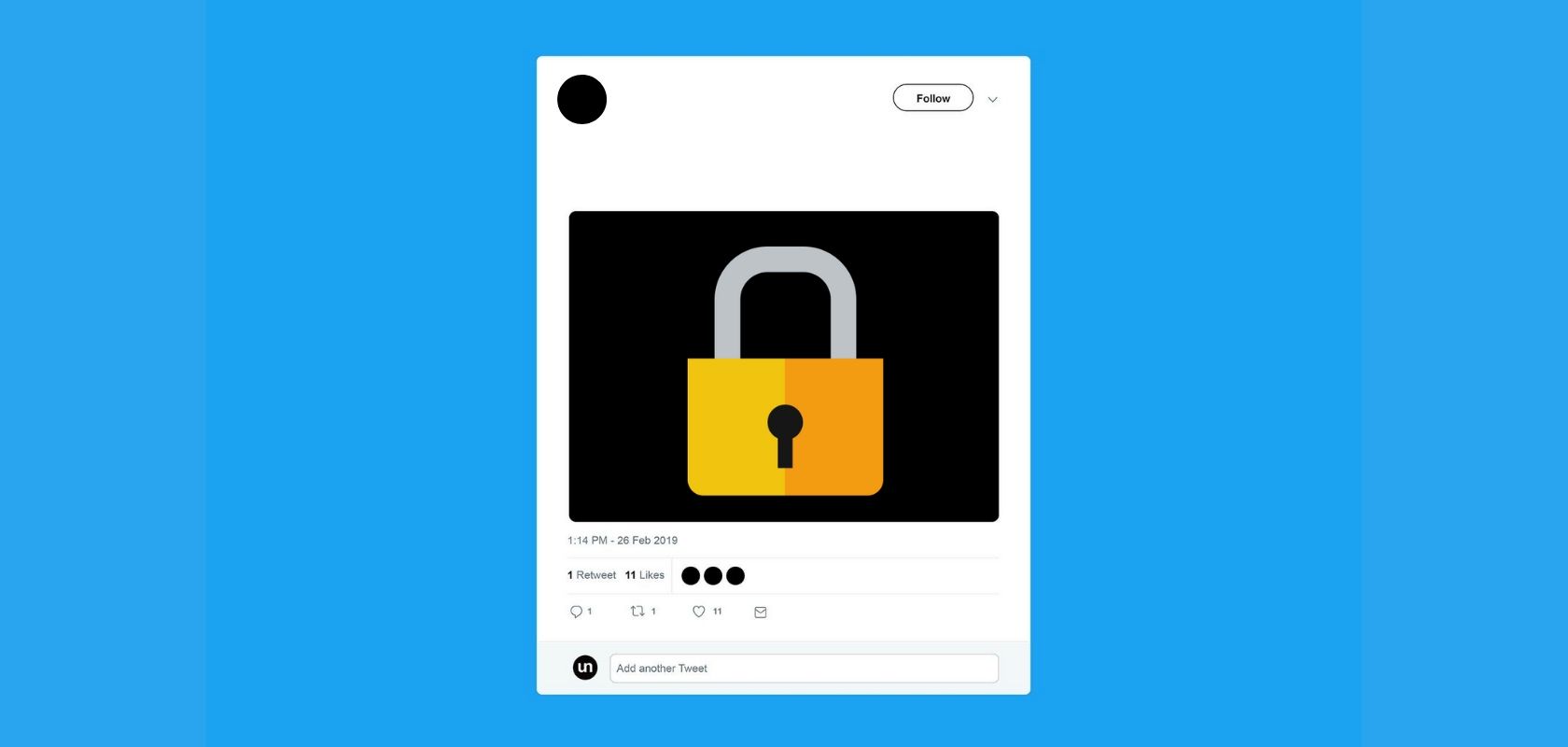Throughout 2019 we’ve seen questionable copyright claims being used to take down popular memes from many prominent accounts including the accounts of President Trump. Now Adobe, Twitter, and The New York Times have announced that they’re working on a new “industry standard for digital content attribution” which could make meme takedowns even more common.
Adobe describes this new industry standard as an “opt-in system that will allow creators and publishers to attach attribution to content they share.” This will then let creators and publishers create an “attribution trail” which they can use to ensure that they receive proper attribution.
In its current form, this digital attribution system appears to be creating a framework that’s similar to Digital Rights Management (DRM) or YouTube’s Content ID system. Essentially every image or video that creators or publishers add to this system will contain a record of who created it and allow the creator or publisher to force attribution when it’s shared by others.
While the focus is currently on attribution, once this system is in place, it could potentially be used by creators and publishers to take down content in the future and possibly amplify the problems with existing online copyright management systems.
As we’ve seen with similar online copyright management systems, such as YouTube’s Content ID system and the Digital Millennium Copyright Act (DMCA), bad actors often abuse these systems to strategically take down content or get the accounts of their critics suspended.
Content that’s typically protected under the fair use doctrine of US copyright law, such as memes, reaction videos, and reviews, is often the main target of these bad actors.
The New York Times also suggested that this system may be used to combat what it deems to be “misinformation”:
“Discerning trusted news on the internet is one of the biggest challenges news consumers face today. Combating misinformation will require the entire ecosystem—creators, publishers and platforms—to work together. This initiative lays the groundwork for doing that through open standards and protocols.”
This points to yet another potential problem with this digital content attribution initiative – who decides what is misinformation?
The New York Times recently tasked two of its reporters with investigating a meme and framed it as a “faked photo.” This indicates that playful content such as memes could be classed as misinformation under this initiative.
While there aren’t currently any details on how misinformation will be dealt with under this digital content attribution initiative, previous initiatives designed to target memes have resulted in content creators having links to their memes blocked or having their accounts suspended after sharing memes.
The specifics of this digital content attribution initiative are still in flux and Adobe hasn’t announced when it plans to officially launch this system. However, Adobe says it will kick off this DMCA-like system for memes alongside The New York Times, Twitter, and a larger group of yet to be named partners at a summit in the coming months.













